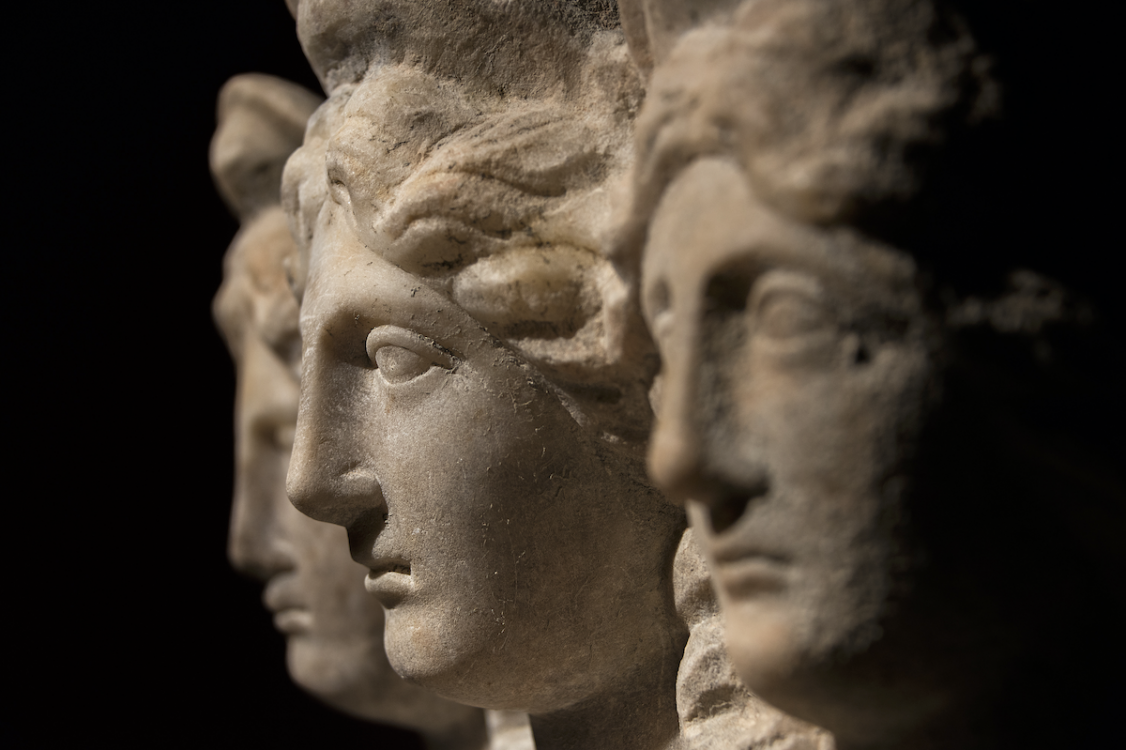
True or False – Can you tell period fact from myth?
For thousands of years beliefs and myths have existed around periods. The ancient Greeks believed that if a woman’s period was late, blood would build up around her heart and her womb would wander around her body, causing suffocation![1]. [2]Even today some cultures believe women on their periods are unclean or impure, which can lead to practices that isolate or exclude them. [3] Let’s not also forget the recent tampon UK tax debate which demonstrated that there is still a belief that tampons and sanitary protection products should be classed as ‘luxury, non-essential items’.
Roughly 3.73 billion women across the planet will have periods in their lifetime [4] and yet there are still misconceptions about what is considered ‘normal’, making it difficult for women to know when to ask for help.
Take a look at the following ‘myths vs. reality’ to test your knowledge of modern period misconceptions:
- Myth – A normalmenstrual cycle should be 28 days
Reality – No two women will have the same period. They all vary in length, flow and symptoms. Different factors such as hormone imbalance, stress and lifestyle can cause your periods to change over time. While the average woman’s period will last for 5 days, some women will experience periods lasting more than 7 days. [5]People also use 28 days as an average, when in fact a normal cycle can actually vary between 21 and 35 days![6]
- Myth – You can pass out from losing too much blood during your period
Reality – Although it may look like lots of blood, on average, a woman will only lose roughly two or three tablespoons of blood every menstrual cycle. [6] However, if your periods are heavy and you feel faint or dizzy, make an appointment to discuss this with your doctor. Have a read of our ‘Your GP Visit’ page for information to help you prepare and make the most of your appointment. You may also want to consider tracking your period using our ‘Period diary’.
- Myth – Heavy periods are a normal part of being a woman
Reality – 62% of women with heavy periods don’t realise that they are a treatable medical condition.[7] Check out our ‘What are Heavy Periods?’ and ‘Treating Heavy Periods’ pages for more information.
- Myth – You can’t go camping whilst on your period as bears may smell the blood and attack
Reality – This rumour began after two women, said be to on their period, were attacked by a bear. However, the U.S. National Park Service published a paper stating that period odours do not attract bears.[8]
- Myth – Women on their periods can turns wine sour and kill crops
Reality – The Roman’s believed that women on their periods wreak havoc on everything they come into contact with – turning wine sour, driving dogs mad, causing fruit to fall off trees and crops to die.[9] These are of course all false – but we have to admit, they did make us laugh!
The Talking Heavy Periods guide aims to encourage conversations about periods and heavy periods and includes information on talking to your GP about heavy periods.
References
[1]Gilman, S.L. et al. (1993). ‘Plato and Aretaeus: The Wild Womb’, in Hysteria Beyond Freud. University of California Press. p26. Last accessed January 2019
Gilman, S.L. et al. (1993). ‘Stifling and Suffocation: The Development of The Textual Tradition’, in Hysteria Beyond Freud. University of California Press. p51. Last accessed January 2019
[2]Aeon. The taboo of menstruation.
Last accessed November 2018
[3]BBC (2018). Cyclone Gaja: India girl segregated during period dies. Last accessed November 2018
[4]Data.worldbank.org. (2018). Population, female | Data. [Accessed November. 2018].
[5]NHS Choices: Heavy Periods, 2016. Last accessed December 2018
[6]NHS Choices: Periods (2016). Last accessed November 2018
[7]Data on file: MISC-05659-GBR-EN Rev 001
[8]Nps.gov. (2018). Bears & Menstruating Women – Yellowstone National Park (U.S. National Park Service). Last accessed November 2018
[9]Schmidt, A. (1989). ‘Women as “Unclean”’, in Veiled and Silenced. Macon: Mercer University Press. p103. Last accessed January 2019
SOM-00641-GBR-EN Rev 001




